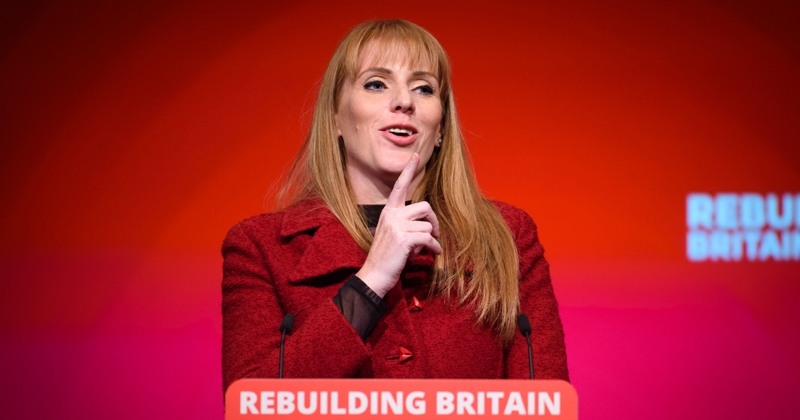Universities that use controversial unconditional offers to “put pressure” on school pupils could be breaking the law, the higher education regulator has warned.
The intervention from the Office for Students comes after the body revealed that a massive 117,000 offers with an unconditional element were made to almost 90,000 pupils in the UK last year, up from 3,000 in 2013.
It follows a pledge last April by the regulator to investigate the sharp rise in the use of unconditional offers, which promise university places to pupils regardless of their A-level results.
If we identify cases where unconditional offers are having an obvious negative impact on students’ choices or outcomes, we are of course prepared to intervene
The increase has been attributed to increased competition between universities and has prompted concerns among headteachers that the offers encourage pupils to make less effort in their final year of sixth form.
Now the OfS has warned universities that the indiscriminate use of unconditional offers is “akin to pressure selling and could put them in breach of consumer law”.
“We are concerned about the rapid rise in unconditional offers, particularly those with strings attached, which are akin to pressure selling,” said Nicola Dandridge, the OfS’s chief executive.
“It is plainly not in students’ interests to push them to accept an offer that may not be their best option.”
Dandridge said universities should “clearly be encouraging students to make the decision that is right for them, and not the decision that best suits the university”, and pledged to take action if the practice is found to have a serious impact on pupils.
“If we identify cases where unconditional offers are having an obvious negative impact on students’ choices or outcomes, we are of course prepared to intervene.”

The OfS also warns of a rise in “conditional unconditional” offers, whereby a university initially requires pupils to meet certain entry criteria to gain a place, but then drops those conditions once a pupil names the university as their first choice.
More than 66,000 such offers were made to 18-year-olds in 2018, whereas there were none in 2013.
Angela Rayner, shadow education secretary, warned that the current system “gives universities a perverse incentive to make more unconditional offers, and it is disadvantaged students, who are most likely to have lower predicted grades, that are losing out”.
Damian Hinds, education secretary, has also urged universities not to use such offers “just to get people through the door”.
Sir Peter Lampl, from social mobility charity The Sutton Trust, has now called for a “move to a post-qualification applications system where students apply only after they have received their A-level results”.








Your thoughts